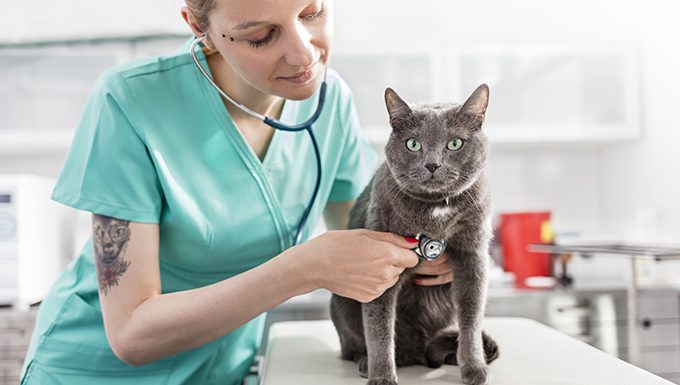Although most cat diseases only affect other felines, there are some illnesses you can catch from your cat. These are called zoonotic diseases, and they can spread from animals to humans.
While the risk of catching some of these ailments from your cat is low, it’s still helpful to know which illnesses can pass from your cat to you and how to prevent the…







